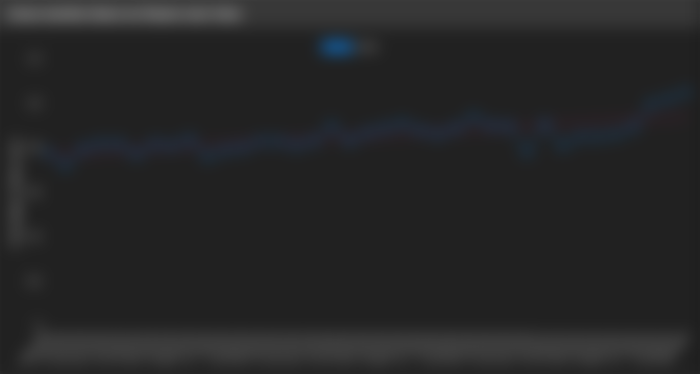Back in July when Linux hit the 1% milestone, I hypothesized that there was genuine momentum due to the lukewarm reception towards Windows 11 and Linux's greater versatility with FidelityFX Super Resolution (FSR). A month later, Linux gained 0.02 percentage points for a 2% increase to 1.02% marketshare.
For the third consecutive month, not only has Linux managed to remain over 1% Steam marketshare on the September Steam hardware survey, but it also gained marketshare in the process. It improved its marketshare to 1.05%, a 0.03 percentage point or 2.94% increase whichever way you want to look at it.


The one negative from the September hardware survey was that Linux lost marketshare when only accounting for English speaking users. Even so, a 2.49% marketshare among English-speaking Steam users is Linux's second highest all-time after it peaked at 2.71% in August. On top of that, it's still substantially higher than its previous average of 1.8-1.9% from September 2018 to May 2021.

It's hard to say what was exactly the cause behind this increase. On September 23, Epic announced full Easy Anti-Cheat for Linux including WINE/Proton with BattlEye following suit the day after, confirming WINE/Proton support for its anti-cheat software (my thoughts about it here). While the anti-cheat support announcements were definitely big news, developers need to opt-in and switch on support for the compatibility layers for Linux gamers to actually reap the benefits. It is possible for some people, the anti-cheat news were the final push for them to migrate from Windows to Linux. And then, those Linux newcomers share their experience online which encourages others to try Linux out.
There's a good possibility that Linux can improve its marketshare for the next two months until Valve's Steam Deck launches. On October 1, PCGamer published an article discussing about how Windows 11's virtualization-based security (VBS) can significantly hurt gaming performance. In isolation, VBS sounds good as it isolates memory from the operating system, reducing vulnerabilities. But as PCGamer found on their Intel 10700K/Nvidia 3060Ti test rig, performance on games like Horizon: Zero Dawn, Shadow of the Tomb Raider, and Metro Exodus took a significant penalty (24-28%) after enabling VBS. Far Cry New Dawn only dropped by 5%, but otherwise, the performance hit is nothing to sneeze at.




I assume future patches will reduce or eliminate the performance penalty. That said, I doubt this is the sort of news Microsoft wants circulating around the web. For instance, notable tech channels such as Linus Tech Tips and ThioJoe caught wind of the VBS performance penalty. Overall, the news surrounding the TPM 2.0 module and VBS have given a lot of people some pause on installing Windows 11 or purchasing a PC with W11.
Ultimately, it's very encouraging to see Linux showing consistency and improvement on the Steam hardware surveys. With the Steam Deck coming out in just 2 months, it will be interesting to see if it can substantially transform the Linux gaming landscape or even the PC gaming landscape, in general.







right now, linux is the only serious operating system family. windows, android, and ios are content consuming toy operating systems.